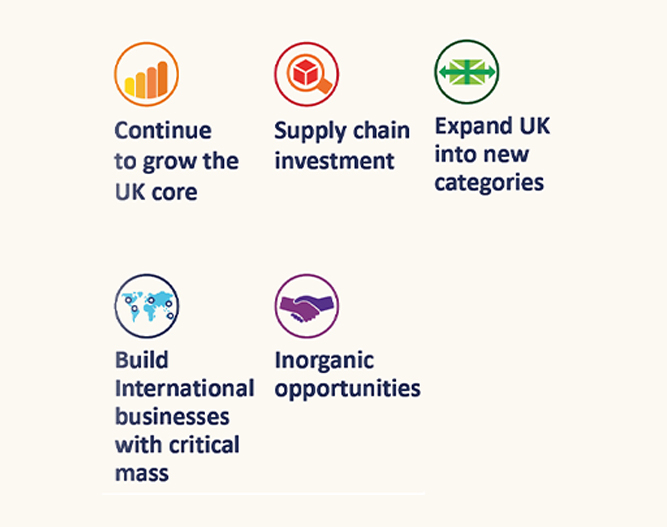Corporate governance
The Board leads the Group’s governance structure, providing stewardship of the Company, with the purpose of safeguarding its long-term sustainable success. The Board supports the principles laid down by the UK Governance Code 2018 as issued by the Financial Reporting Council, which applies to accounting periods beginning on or after 1 January 2019. See www.frc.org.uk for more details.
Governance and risk
The Board is responsible for the oversight of risk and the effectiveness of the Group’s system of internal control, including the financial reporting process. In doing so, it ensures the necessary resources are in place for the Company to meet its objectives and measure its performance. The Board has an effective governance and risk framework, which has been devised to ensure the Group is being operated and managed appropriately, and prudent and effective controls are in place to identify, manage or mitigate risks.
Each year, the Board undertakes a robust assessment of the Group’s emerging and principal risks, as part of an enhanced risk management process. Further details can be found within the Group’s Annual Report. The Board has delegated authority for monitoring risk management and internal controls to the Audit Committee. Further information features in the Audit Committee report in our Annual Report.
Workforce engagement
The Board and its committees receive regular updates on workforce matters via HR reports. These updates include site-based pay negotiations, vacancies and recruitment, review of talent management and succession plans, results of periodic employee engagement exercises and action plans to address issues raised. These activities are enhanced by the work of the Remuneration and Audit Committees which review remuneration arrangements for colleagues across the business and the issues raised via our confidential whistleblowing helpline and management’s response to them.
The Workforce Engagement NED has an important role in fostering effective engagement with colleagues to enable the Board to be kept informed of colleague views, and ensure these views are taken into consideration as part of the Board’s decision-making. Voice Forums are present at all our sites, facilitating two-way engagement with colleagues across the business and the Workforce Engagement NED attends these meetings, with results fed back to the Board.





